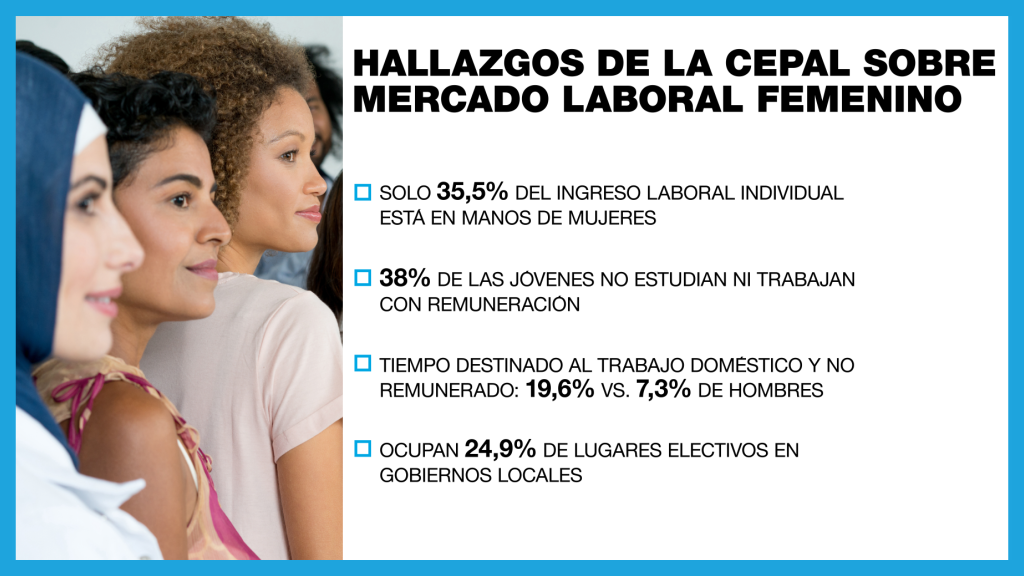First modification: Last modification:
The Commission for Latin America and the Caribbean urged governments to do more to finance and formalize the work of those who care for others, tasks traditionally carried out by women unpaid or informally, a scourge that worsened with the pandemic. .
The Covid-19 pandemic generated a setback of almost 20 years in the levels of labor participation of women in the Latin American and Caribbean region, limiting their economic autonomy, according to ECLAC.
However, the levels of unemployment and the labor participation rate of women are not explained solely by the weakening of employment in general, but also by the overload of unpaid domestic and care work.
According to the report, presented in the framework of the fifteenth Regional Conference on Women in Latin America and the Caribbean, which was held this week in Buenos Aires, women work more hours than men, but less for pay.
Indeed, the time spent on unpaid domestic work in the case of women is 19.6%, compared to 7.3% for men. In other words, women spend between 6.3 and 29.5 hours more per week than men on these tasks.
At the same time, only 35.5% of individual labor income is held by women, while 38% of young women neither study nor work for pay.

ECLAC also analyzed female political participation and noted that women occupy only 24.9% of the elective places in local governments due, among other things, to the lack of time
In 2021, women held 33.6% of seats in national parliaments in Latin America and the Caribbean. ECLAC estimates that at this rate it will take more than 40 years to reach parity in these legislative bodies.
with EFE








![[Img #74675]](https://thelatestnews.world/wp-content/uploads/2024/12/They-discover-a-new-class-of-X-ray-sources-in-the-150x150.jpg)


